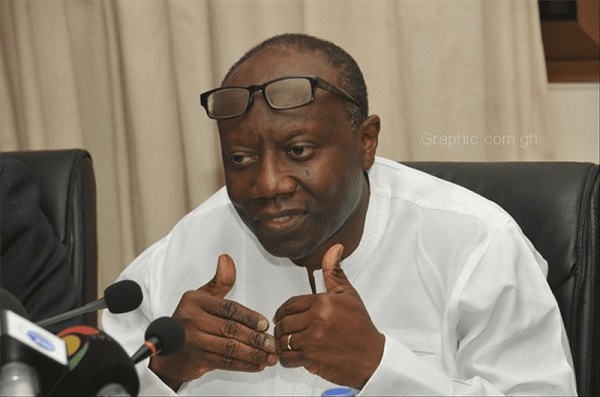
Build confidence in domestic market to diversify borrowing sources
In the last couple of years, the government has been heavily dependent on borrowing through treasury bills (T-Bills) to raise the needed funds to support its activities.
This is because, the doors to the international capital markets have been shut to the country. Ghana’s huge debts accumulated over the last few years have been described as highly unsustainable hence the action by the international capital markets.
Having undertaken a domestic debt restructurings exercise with the implementation of the Domestic Debt Exchange Programme (DDEP), where investors were forced to take a heavy haircut, the bond market has also become unattractive because of the lower rate of returns.
It is against this background and more that the government has been left with no other option than to borrow heavily from the treasury market in other to keep government business afloat.
The phenomenon has left economic watchers and financial analysts worried as they describe the rate at which the government was overly concentrating on T-bills at a very high coupon, not only as unsustainable but dangerous for the economy in the medium to long term.
The Graphic Business is also worried by the development and joins the analysts to warn the government against its excessive concentration on T-bills to raise funds.
For instance, we have carefully monitored developments on the market and noticed that interest rates on the short-term Treasury market are ticking up week after week. It is surprising that after the 91-day bills for instance fell to 19 per cent in March this year, the rate is almost doubling.
Results of tender held on October 6, 2023 for government securities issued last Monday (October 9) indicated that interest on the 91-day Treasury bill has reached 29. 1 per cent, with that of the 182-day bill also increasing to 31.2 per cent.
The interest on the 364-day bill also inched up to a whopping 33 per cent.
Interest rates on government short-term securities had reached alarming rates in December 2022, with the 91-day rate hitting 35 per cent.
However, the rates started tumbling in January, reaching an eight-year low of 19 per cent in March 2023.
The rates have, however, started rising again, as indicated, increasing to 20 per cent, 22 per cent, 24 per cent and now 26 per cent, 28 per cent and 29.1 per cent within a short period.
In view of the development, analysts have urged the government to urgently work to restore confidence in the domestic market to enable it to raise long-term capital to fund new and ongoing projects in the country.
It is also expected to work expeditiously to complete negotiations with its external creditors, particularly the Paris Club, to unlock some billions of dollars in debt relief.
As mentioned in our story (See front page), a Reuters report said Ghana had planned restructuring its loans worth about $10.5 billion in external debt-service relief during its three-year programme with the International Monetary Fund (IMF).
The savings are envisaged to reduce the ratio of the net value of public debt to 55 per cent of gross domestic product, and the ratio of external loan service to revenue to 18 per cent, according to an IMF Staff Report published a couple of weeks ago.
As the situation stands now, the best option, as mentioned, can only be the domestic market as observed by the analysts and it is our hope that the government will be innovative with its approach and work to allay the fears expressed by the public, particularly experts, to rebuild confidence in the domestic market.
We do not side with the International Monetary Fund (IMF) which claimed that government’s action is no threat to the economy because the signals are not good.
Instead, we expect the government and the IMF for that matter, to diversify its borrowing sources and ensure that the over concentration on T-bills is reduced to revive the battered economy.